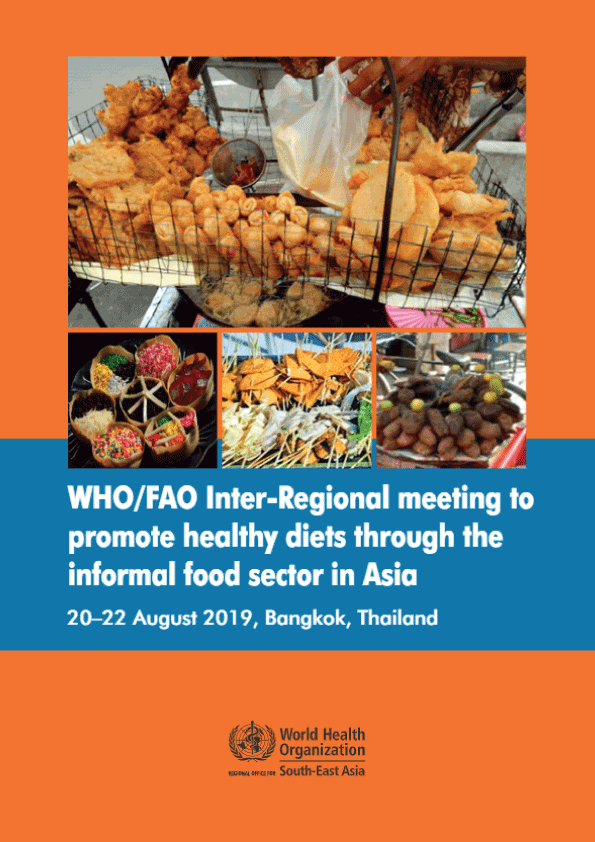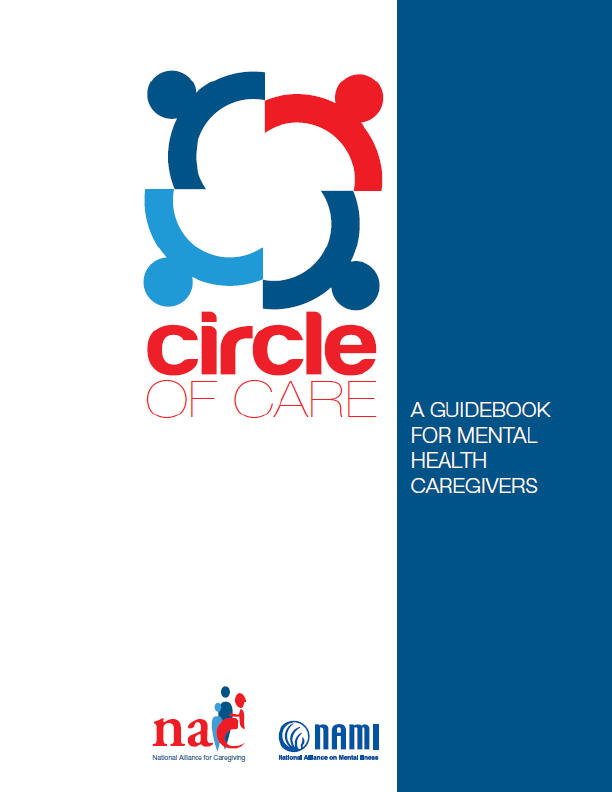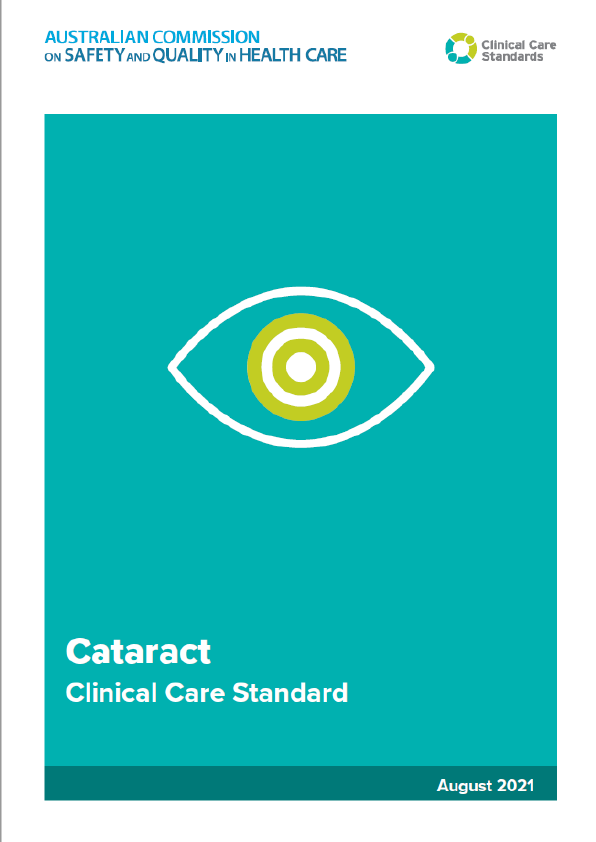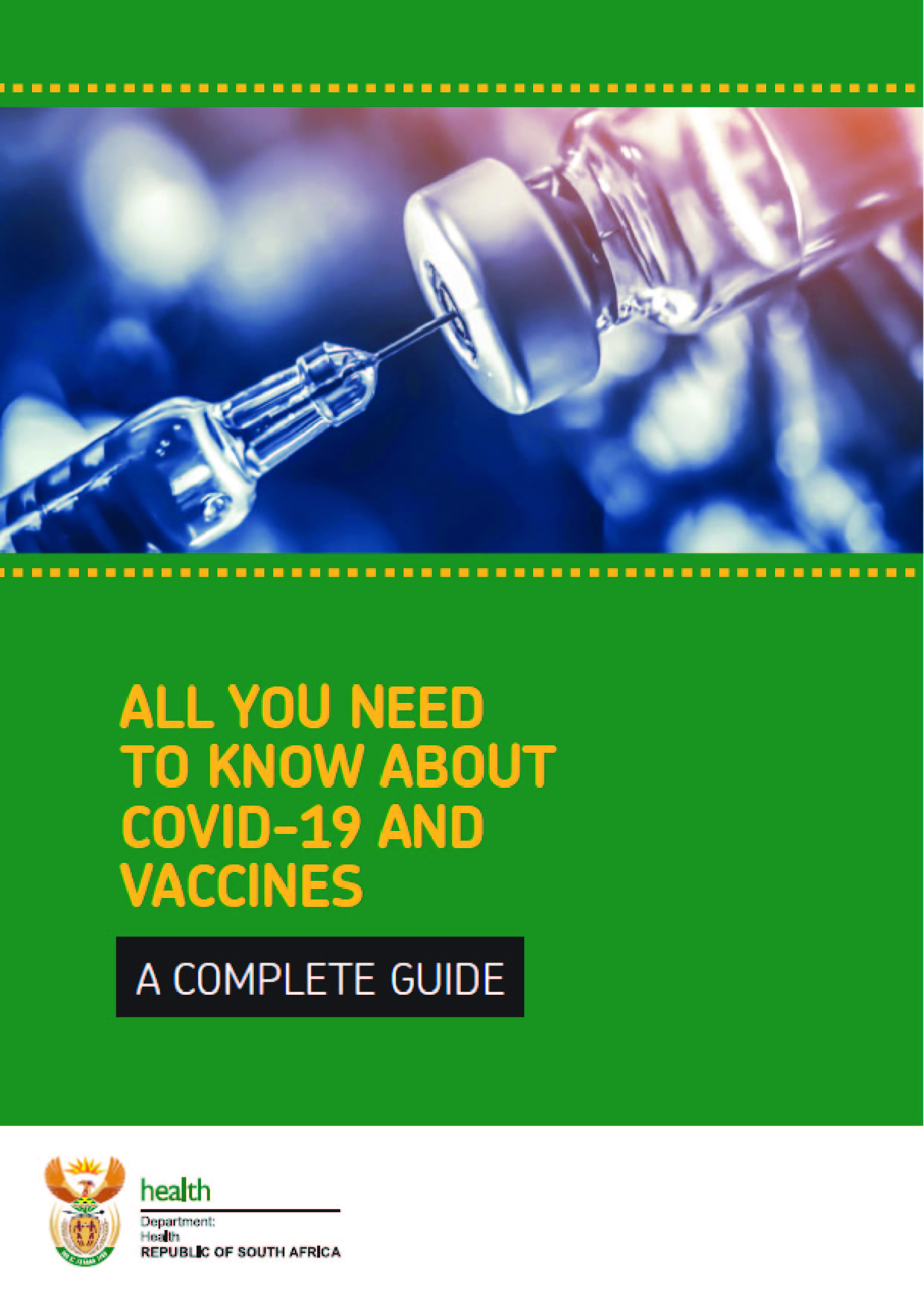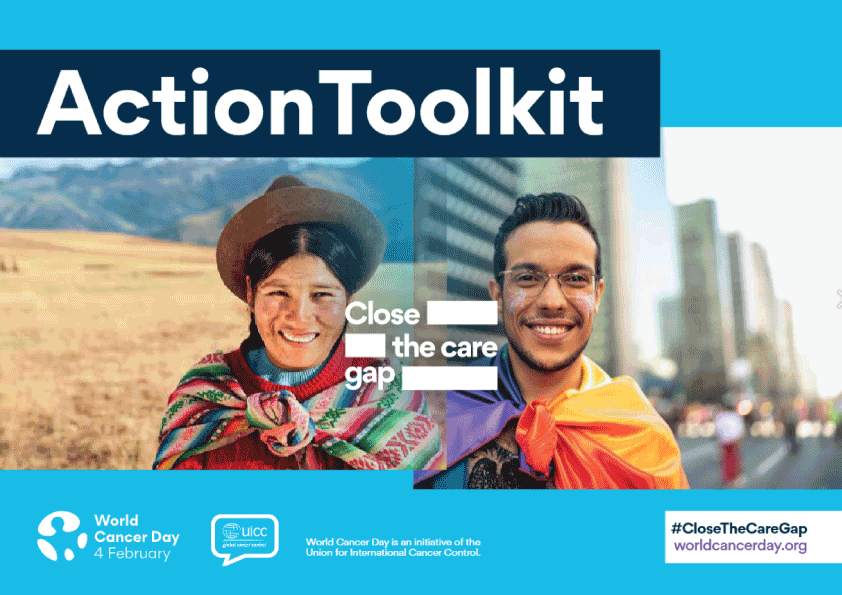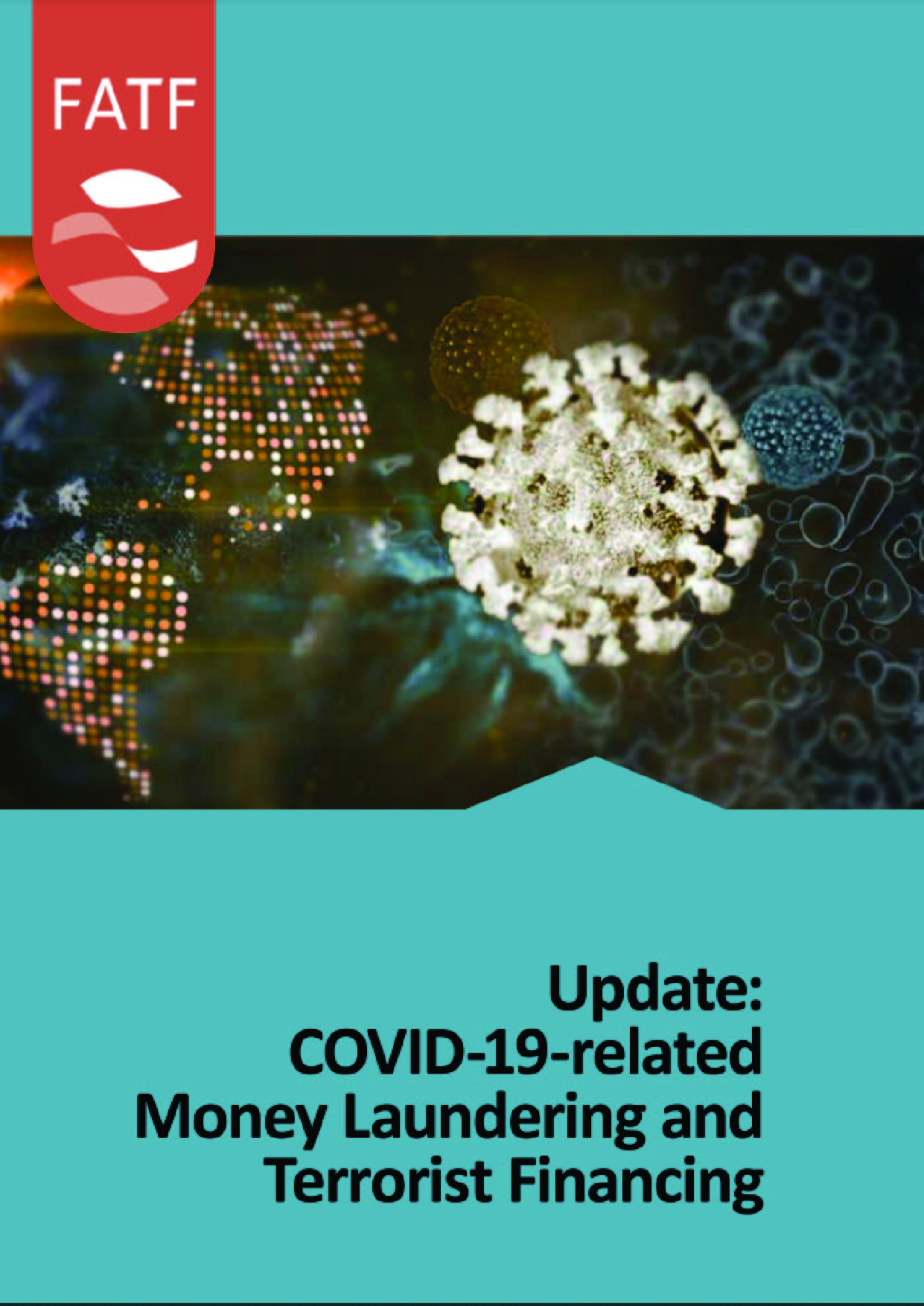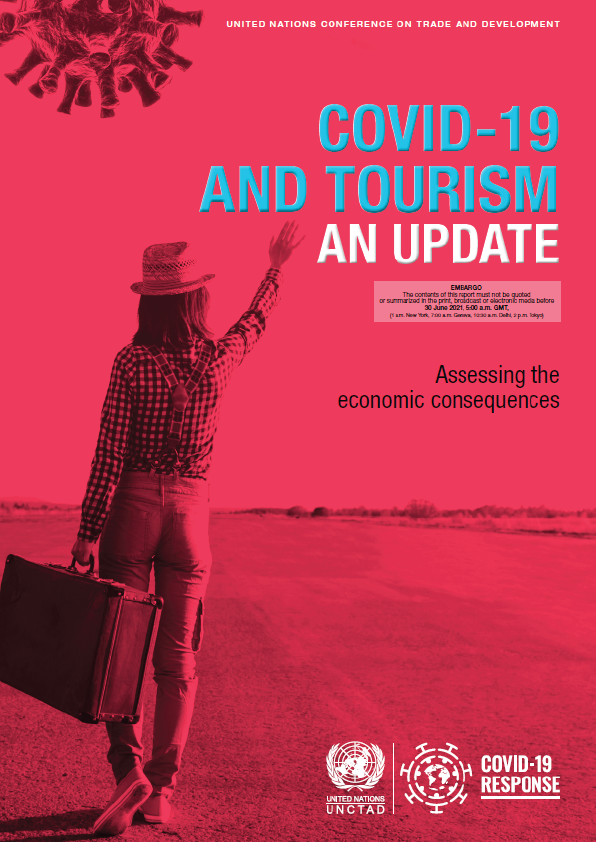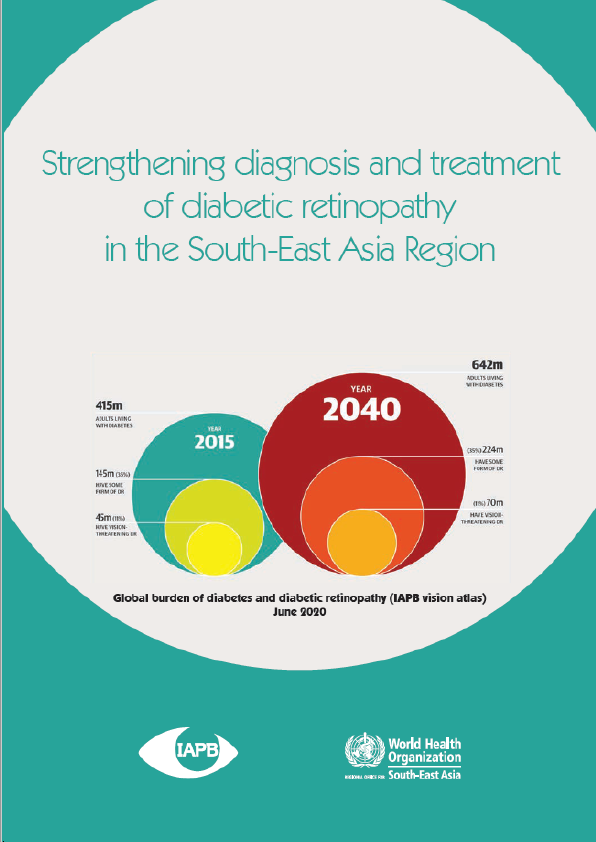WHO/FAO Inter-Regional meeting to promote healthy diets through the informal food sector in Asia
20–22 August 2019, Bangkok, Thailand
For the scope of this intercountry consultation and report, the informal food sector comprises of street foods; ready-to-eat foods and beverages prepared and/or sold by vendors or hawkers especially in the streets and other similar places, market vendors, small restaurants and kiosks/stalls. The informal food sector plays a critical role in the food systems, environment, and cultural and social aspects and lifestyles of people in Asia. Informal food retail contributes to food security by improving accessibility to foods especially in urban settings – providing affordable foods at convenient locations and is an important source of employment, specially for low income households.
A review of literature commissioned by WHO SEARO in 2018 shows that a sizable proportion of the urban Asian population consumes informal sector foods on a daily basis. Street foods are usually country/region specific and rarely are their healthfulness assessed or nutritional content made known and/ or analyzed. The available evidence is equivocal; some traditional foods and meals contain multiple food groups and are healthy, but often, foods are often of poor dietary quality; high in energy, saturated fats and trans-fats, sodium and
sugar. The cooking methods can also be unhealthy, such as the multiple re-use of cooking oil. Food safety issues also abound; food adulteration and use of sub-standard and contaminated food products, and unclean cooking practices are of concern. Beyond food safety, street vended/informal foods may play a role in contributing to unhealthy diets and increased risk of noncommunicable diseases (NCDs).
For Asian countries looking to reduce the double burden of malnutrition and diet related risks of NCDs, active involvement and engagement with the informal food sector is essential to ensure safe and healthy food choices are available to the consumer. The informal sector foods/street-vended food businesses should be supported to supply safe, good quality and nutritious foods within a safe food environment. Global and regional policies and attention towards the quality of food produced and sold through the informal food sector have focused primarily on food safety. For example, the Codex Committee for Asia has taken initiative to draft a Regional Code of Practice for street-vended foods which was adopted in 2017. But few policy documents refer to informal foods in the context of healthy diets; the Milan Urban Food Policy Framework for Action, the Action plan to reduce the double burden of malnutrition in South-East Asia Region and the draft Regional Framework for Action on Food Safety in South-East Asia are few examples.
No comprehensive evidence based guidance or recommendations are in existence to promote healthy diets in informal settings, possibly due to the lack of information regarding the contribution of these foods to diets, the variety of settings and such foods being mainly limited to Asian and African regions. The draft voluntary guidelines for healthy diets by the Committee for Food Security is one exception that recommends the importance of healthier street foods. Some information is also provided from the WHO supported FEED cities Project in Central Asia, which characterizes the street food environment in selected Central Asian cities and provides some guidance for actions.
As Asian lifestyles evolve and become busier, and considering the present socio economic profile of urban populations, the informal food sector is likely to grow. Addressing the ever increasing burden of malnutrition and NCD risk is a good entry point to look beyond food safety and promote healthier diets. For providing healthier food options, opportunities to improve dietary quality of informal sector foods must be explored.
The informal food sector is not organized and lacks any form of protection, a challenge to efforts at promoting healthier diets. As the food operators often belong to the less privileged groups of society such as rural migrants and lack access to information including health directives, innovative solutions are needed. Identifying possible intervention points and actions
to improve food quality by the informal food sector, through examining the landscape around the food environment, informal food production, food supply chains, informal food sector actors and their capacities and the existing policy and legislative environment is necessary. So is the learning from good practices. Examining food safety programmes and identifying
opportunities where promotion of healthier foods maybe included is another possibility.
Strategic thinking is required to improve the nutritional quality of street foods in Asian countries, while protecting the important cultural and community role that informal food vendors play in sustaining traditional foods and diets. Therefore, a preliminary exploratory meeting, involving Member States that have addressed food safety in the informal food sector to some degree and/or implemented actions to improve nutritional quality of informal sector foods was organized in September 2019.
